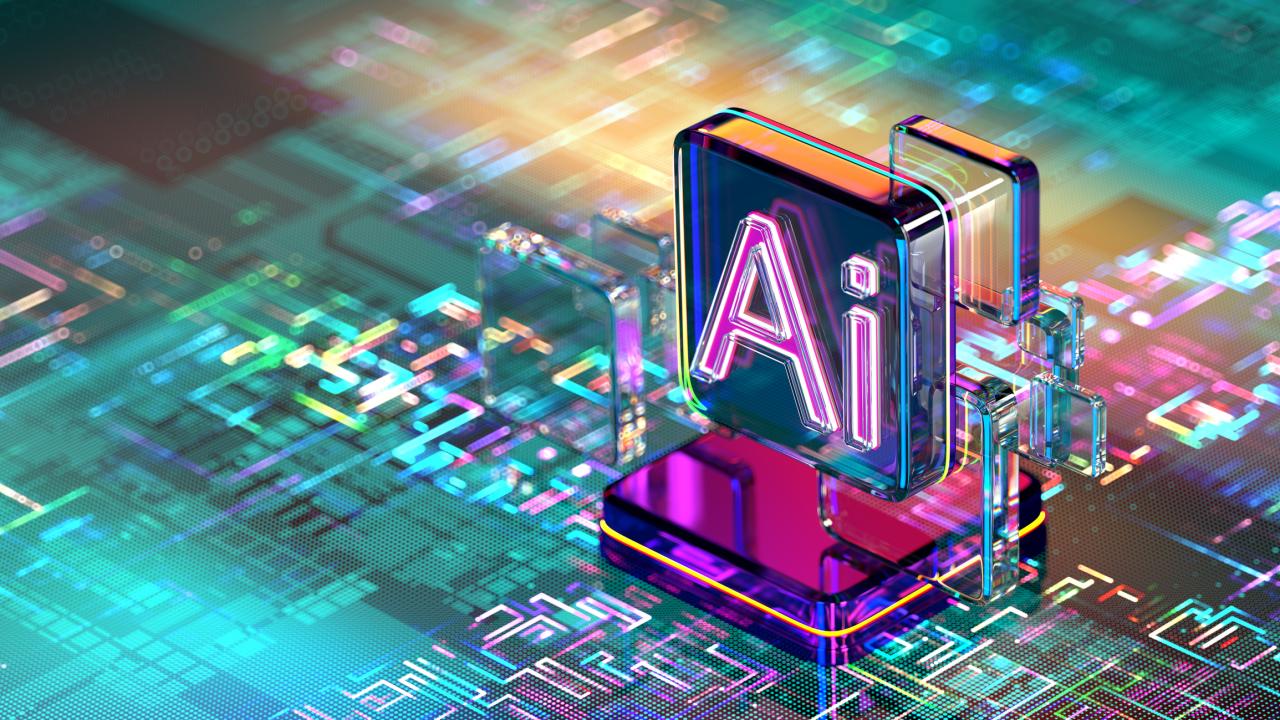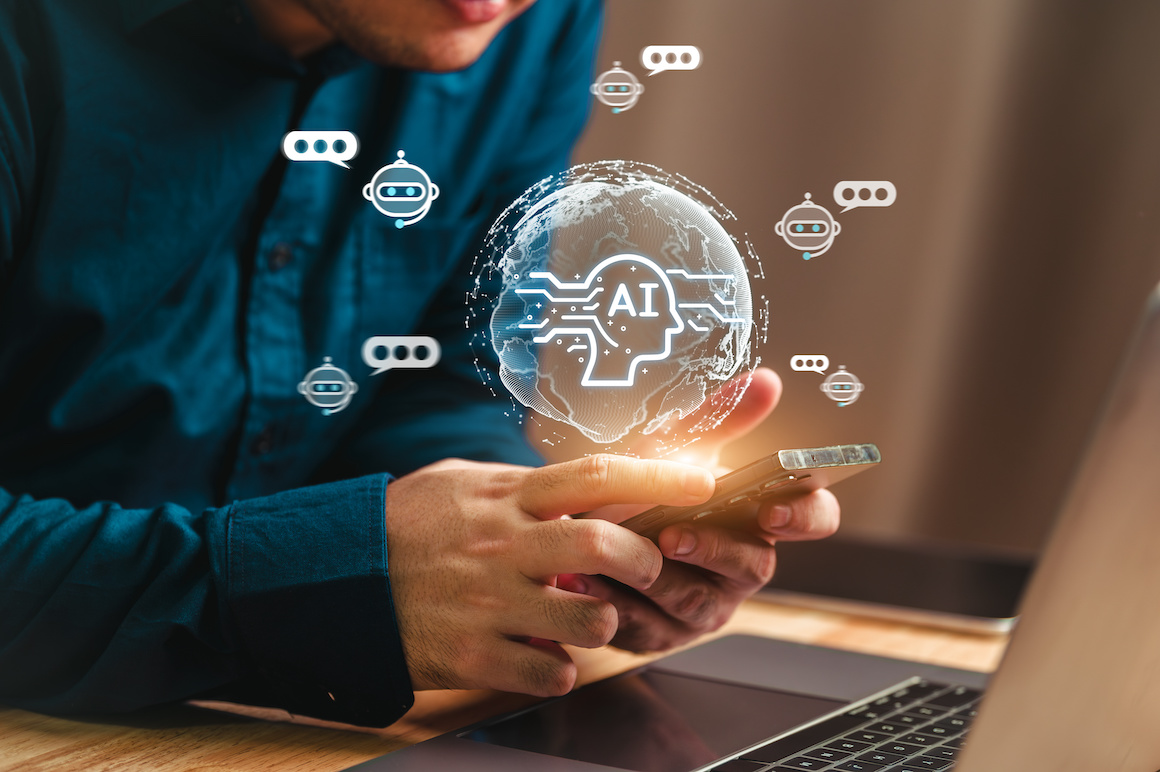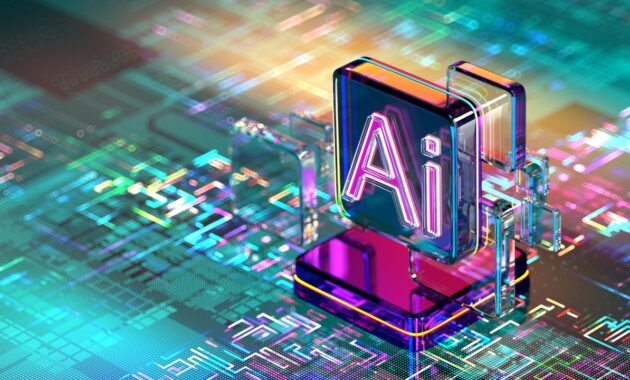AI Tools That Are Worth Downloading in 2025 marks an exciting intersection of technology and creativity, prompting a deep dive into innovations that can reshape the way we work and interact. As artificial intelligence continues to evolve rapidly, a plethora of tools are emerging that promise to enhance productivity, streamline processes, and facilitate learning in unprecedented ways.
This exploration not only highlights the most influential AI tools set to dominate the landscape in 2025 but also examines their practical applications across various domains. From advanced machine learning frameworks to intuitive user interfaces, these tools are designed to empower users, making technology more accessible and effective in meeting contemporary demands.
In recent decades, the world has witnessed an unprecedented evolution in technology, characterized by rapid advancements that have reshaped the way we live, work, and interact. The emergence of the digital age has brought forth innovative tools and platforms that have not only enhanced productivity but have also transformed social dynamics on a global scale. This article delves into the multifaceted impact of technology on various aspects of human life, including communication, education, healthcare, and the economy, while also addressing the challenges and ethical considerations that accompany these advancements.One of the most significant areas affected by technology is communication.
The advent of the internet and mobile devices has revolutionized how individuals connect with one another. Social media platforms, instant messaging applications, and video conferencing tools have made it easier than ever to communicate across vast distances. According to a report by the Pew Research Center, approximately 72% of American adults use social media, indicating a profound shift in the way people interact.
This transformation has not only facilitated personal relationships but has also expanded the horizons for businesses and organizations, enabling them to reach a wider audience and engage with customers in real-time.However, the rapid rise of digital communication has also sparked concerns regarding privacy and misinformation. The ease with which information can be shared has led to the proliferation of fake news and cyber threats, prompting discussions about the need for media literacy and critical thinking skills among users.
As technology continues to advance, it is crucial for individuals to remain vigilant and discerning when navigating the digital landscape.In the realm of education, technology has played a pivotal role in democratizing access to knowledge. Online learning platforms and educational resources have made it possible for individuals from diverse backgrounds to pursue education at their own pace and convenience. The COVID-19 pandemic further accelerated this trend, as schools and universities were compelled to pivot to remote learning.
According to a study by McKinsey & Company, students who engaged in online learning during the pandemic demonstrated varying degrees of success, highlighting both the potential and the limitations of technology in education.Despite the advantages of digital learning, disparities in access to technology pose significant challenges. The digital divide, characterized by unequal access to high-speed internet and devices, disproportionately affects marginalized communities, hindering their educational opportunities.
Policymakers and educators must prioritize bridging this gap to ensure that all students have the resources necessary to thrive in a technology-driven world.Healthcare is another sector profoundly impacted by technological advancements. Telemedicine, digital health records, and wearable health devices are transforming the way healthcare is delivered and managed. The integration of technology in healthcare has streamlined processes, improved patient outcomes, and enhanced accessibility.
A report by the American Medical Association highlights that telehealth usage increased dramatically during the pandemic, with a remarkable 154% increase in telehealth visits in March 2020 compared to the previous year.While the benefits of technology in healthcare are undeniable, challenges related to data security and patient privacy remain a pressing concern. The rise of electronic health records and telemedicine platforms necessitates stringent measures to protect sensitive patient information from cyber threats.
Moreover, as AI and machine learning become increasingly integrated into diagnostics and treatment plans, ethical questions surrounding bias and accountability in these technologies must be addressed.The economic landscape has also undergone significant transformation due to technological advancements. Automation and artificial intelligence are reshaping industries, altering workforce dynamics and economic structures. According to a report by the World Economic Forum, automation could displace 85 million jobs by 2025, while creating 97 million new roles that require different skill sets.
This shift underscores the importance of reskilling and upskilling the workforce to adapt to the evolving job market.Moreover, technology has facilitated the rise of the gig economy, allowing individuals to pursue freelance and short-term work opportunities. While this trend offers flexibility and independence, it also raises concerns regarding job security and benefits for workers. The gig economy presents both opportunities and challenges, necessitating a reevaluation of labor laws and protections to ensure fair treatment for all workers.As technology continues to evolve, it is imperative to consider the ethical implications of these advancements.
Issues such as data privacy, algorithmic bias, and the digital divide require ongoing scrutiny and proactive measures to mitigate potential harm. Collaboration among stakeholders—including policymakers, technologists, educators, and communities—is essential to navigate the complexities of a technology-driven society.In conclusion, technology has undeniably transformed various aspects of human life, from communication and education to healthcare and the economy. While these advancements present numerous opportunities for growth and innovation, they also come with challenges that must be addressed to ensure equitable access and ethical practices.
As we move forward in this digital age, it is crucial for individuals and society as a whole to embrace technology responsibly, fostering a future that prioritizes inclusivity, security, and ethical considerations. By doing so, we can harness the full potential of technology to enhance the human experience and create a better world for generations to come.














